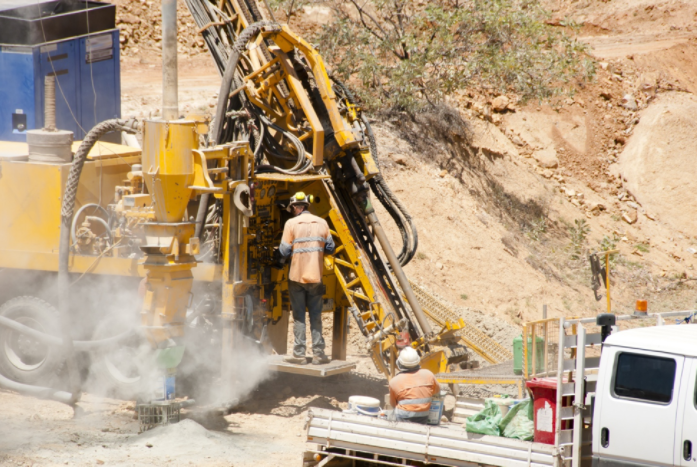When investors approach a new industry, they need to know the risks that companies in the sector have to face to be successful. Risks such as management risk apply to every stock.Here are some of the risks that oil and gas companies face.
Political Risks
Politics can primarily affect oil in the regulation process, but this may not be the only way. Generally, oil and gas companies are governed by various regulations that limit where, how, and when oil extractions need to be done. The interpretation of regulations and laws may differ depending on the state. Political risks increase when a company is working on oil deposits abroad. These companies prefer countries that have stable political systems with a history of giving long-term leases. Other companies, however, will go wherever there is oil and gas even if the county is not matching their preferences.
Issues can arise from this, including shifts in political winds that change the regulations. Based on the country, the deal the company starts is not always what it ends up with since governments may change their minds after the company invests the capital in making more profit. Companies can mitigate this by carefully analyzing and building sustainable relationships with international partners in the industry to remain in the business for long.
Risks of Supply and Demand
Shocks in demand and supply significantly affect oil companies. Operations normally take a lot of time and capital to get going, and they are difficult to shut down when the prices go down or ramp up when they go up. This uneven nature of production makes the price of oil and gas very volatile. Other factors like macroeconomic factors and financial crises can dry up capital or independently affect the usual price risk.
Geological Risks
Most of the oil and gas that is easily available has been tapped out or being tapped out at the moment. Exploration has shifted to areas that involve drilling in environments that are less friendly, like in the middle of the oceans. There is a wide range of unconventional oil extraction methods that have been used to get resources from areas where it could have been impossible.
The difficulty in extract and the size of reserves make up the geological risk. Geologists work hard to reduce these risks by frequently testing. They use terms like possible or probable to express their confidence levels.
Price risks
The price of oil and natural gas is the main factor when determining whether a reserve will be economically feasible. Generally, the higher the geological barriers to extraction, the more the price risk involved in the project. This is due to the fact that unconventional extraction will cost more than vertical drills to the deposit.
This does not imply that the companies cease operations automatically on a project that has become unprofitable as a result of a dip in price. The projects cannot be shut down quickly, then restarted. Instead, the companies usually try to forecast the likely prices during the term of the project to decide to start. When the project commences, the price risk will be a constant companion.…
Read More


